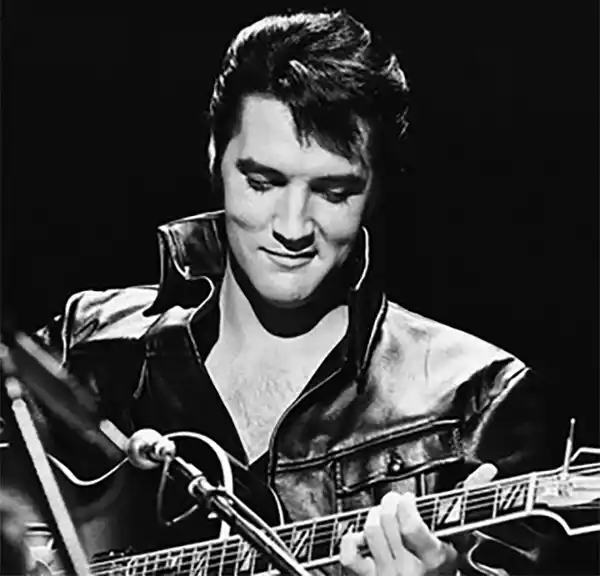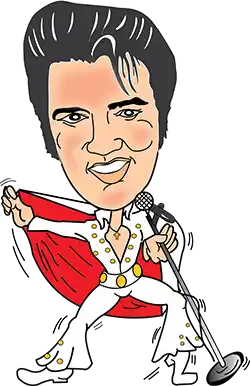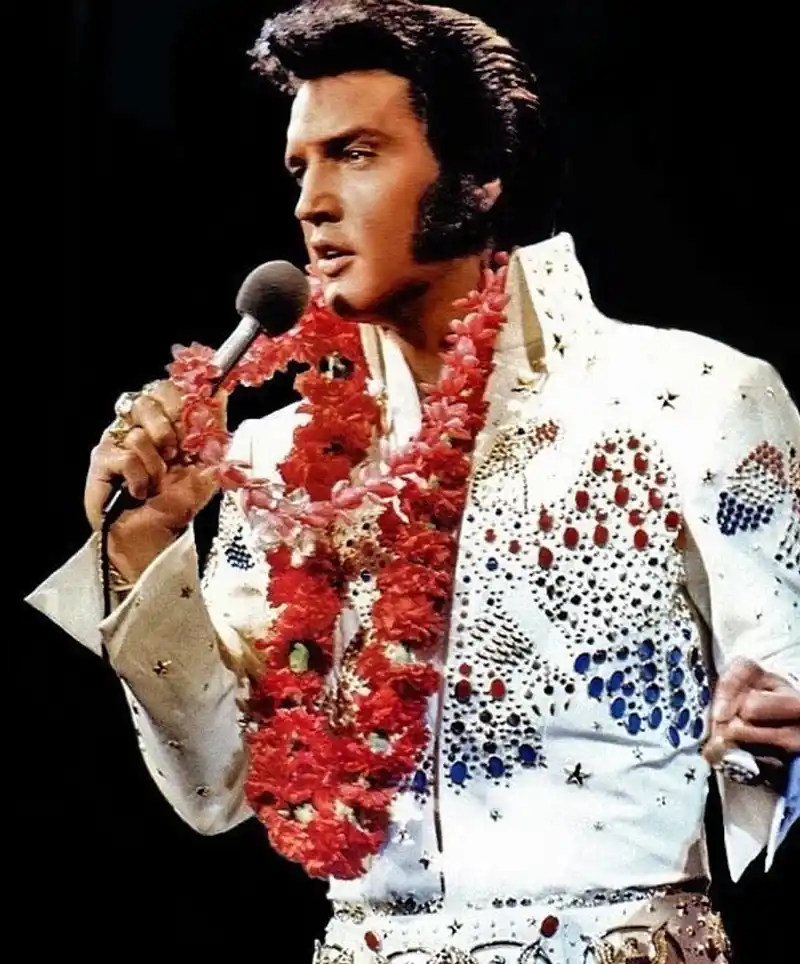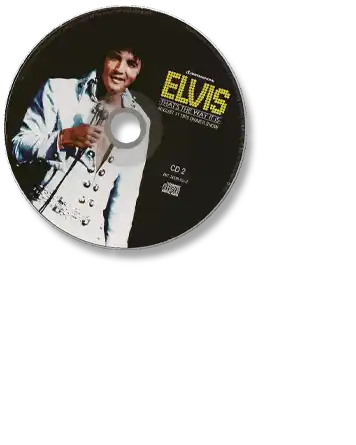Celebrating the Life and Legacy of the King of Rock ‘n’ Roll
Every year on August 16th, fans around the world pause to remember the life, music, and unmistakable legacy of Elvis Presley. Known as the King of Rock ‘n’ Roll, Elvis didn’t just leave a mark on the music industry; he changed it forever. On Elvis Presley Memorial Day, we take a moment to celebrate the man who brought us hip-shaking rhythms, iconic tunes, and a cultural revolution that’s still felt today.
The Early Life of Elvis
Elvis Aaron Presley was born on January 8, 1935, in a small, two-room house in Tupelo, Mississippi. The Presley family wasn’t wealthy, and Elvis grew up with a deep appreciation for gospel music, which he often heard in church. Little did the world know that this shy, humble boy would one day electrify audiences with his unique blend of country, rhythm and blues, and rock ‘n’ roll.
In 1948, the Presley family moved to Memphis, Tennessee, where Elvis would find his musical footing. He graduated from Humes High School in 1953 and took a job as a truck driver—a far cry from the glamour of a music career. But fate had other plans. When Elvis walked into Sun Studio later that year to record a few songs as a gift for his mother, he caught the attention of studio owner Sam Phillips. The rest, as they say, is rock ‘n’ roll history.
Elvis Takes the World by Storm
Elvis’s big break came in 1954 when he recorded “That’s All Right” at Sun Studio. The song was a hit on local radio stations, and soon, Elvis was a sensation. With his unique sound, combining elements of country, blues, and gospel, Elvis quickly became a household name.
But it wasn’t just his voice that captured the world’s attention—it was his moves. Elvis’s hip-swiveling performances on television caused quite a stir, leading some critics to dub him “Elvis the Pelvis.” Parents were scandalized, teenagers were mesmerized, and Elvis was on his way to becoming the biggest star on the planet.
By the late 1950s, Elvis had become a cultural phenomenon. Hits like “Heartbreak Hotel,” “Hound Dog,” and “Jailhouse Rock” topped the charts, and his films drew crowds to theaters. Elvis was more than just a singer; he was an icon, representing a new, rebellious spirit in America’s youth.
In 1958, at the height of his career, Elvis was drafted into the U.S. Army. Fans worried that his absence might dim his star, but Elvis’s military service only added to his legend. He served honorably in Germany, where he met a young Priscilla Beaulieu, who would later become his wife.
Upon his return to civilian life in 1960, Elvis resumed his career with a new level of maturity. His music evolved, incorporating more ballads and gospel influences. And while the Beatles and other bands were making waves in the 1960s, Elvis remained a dominant force in the music industry.
Elvis Reclaims His Throne
By the late 1960s, Elvis Presley found himself at a crossroads. His career, once a blazing comet across the entertainment world, had dimmed somewhat. The 1960s were a period of great musical innovation, with bands like the Beatles, the Rolling Stones, and others reshaping the landscape of popular music. While Elvis remained a star, his focus had shifted heavily towards Hollywood, where he churned out film after film. Though these movies were financially successful, they often lacked the artistic depth that his music fans craved. The King of Rock 'n' Roll was in danger of becoming more of a pop culture artifact than a living, breathing artist.
In 1968, everything changed. It was a pivotal year, not just for Elvis but for the world at large. The social and political upheaval of the time set the stage for a cultural renaissance, and Elvis was ready to make his mark once again. The idea for a televised special, originally conceived as a Christmas show, was reimagined into what would become the “’68 Comeback Special.” It was the perfect opportunity for Elvis to remind the world that he wasn’t just a relic of the past—he was still the King.
 The special, officially titled Elvis, aired on December 3, 1968, and it was a sensation. The production was a mix of intimate performances and large-scale musical numbers, but it was the stripped-down, unplugged segments that stole the show. Here was Elvis, dressed in a tight black leather suit, sitting in a circle with his bandmates, performing with a raw energy that hadn’t been seen in years. The sight of Elvis, drenched in sweat, laughing, joking, and pouring his heart into every note, was electrifying. It was as if the world had been reintroduced to the Elvis they had first fallen in love with but with a new edge—wiser, rougher around the edges, but every bit as magnetic.
The special, officially titled Elvis, aired on December 3, 1968, and it was a sensation. The production was a mix of intimate performances and large-scale musical numbers, but it was the stripped-down, unplugged segments that stole the show. Here was Elvis, dressed in a tight black leather suit, sitting in a circle with his bandmates, performing with a raw energy that hadn’t been seen in years. The sight of Elvis, drenched in sweat, laughing, joking, and pouring his heart into every note, was electrifying. It was as if the world had been reintroduced to the Elvis they had first fallen in love with but with a new edge—wiser, rougher around the edges, but every bit as magnetic.
The success of the comeback special wasn’t just in the television ratings, although those were impressive enough. The special revitalized Elvis’s career in a way that few could have predicted. It was more than just a return to form—it was a rebirth. The special led to a renewed interest in Elvis’s music, and it proved that he was still a force to be reckoned with in the ever-evolving world of rock ‘n’ roll.
Following the special, Elvis shifted his focus back to live performances, and in 1969, he made his triumphant return to the stage in Las Vegas. His performances at the International Hotel (now the Westgate Las Vegas) were a spectacle of grandeur and showmanship. Decked out in his now-iconic jumpsuits, Elvis commanded the stage with an authority that left audiences awestruck. These performances were a stark contrast to the low-key, intimate sessions of the ’68 special, showcasing a different side of Elvis—one that was larger than life and unafraid to embrace the glitz and glamour of Las Vegas.
But it wasn’t just about the show; it was about the music. Elvis’s voice, richer and more powerful than ever, resonated with the emotions of a man who had lived through both the highs and lows of life. His setlists were a mix of his greatest hits and newer songs that reflected his evolving musical style. Tracks like “Suspicious Minds” and “In the Ghetto” showcased Elvis’s ability to blend social commentary with soulful melodies, proving that he was more than just a performer—he was an artist with something to say.
The Las Vegas residency marked a new chapter in Elvis’s career, one that saw him touring extensively throughout the United States. He performed with an intensity that belied the toll his lifestyle was taking on him. Each concert was a reminder of why Elvis had earned the title of the King of Rock ‘n’ Roll. His fans, both old and new, flocked to see him, and the energy at his shows was palpable.
The success of the Las Vegas shows led to another milestone: the Aloha from Hawaii concert in 1973. This concert was broadcast live via satellite to over 40 countries, making it one of the most-watched events in television history. Once again, Elvis was breaking new ground, using cutting-edge technology to reach his global audience. Dressed in a white jumpsuit adorned with an American eagle, Elvis’s performance was both patriotic and poignant, a testament to his enduring appeal.
Elvis’s comeback wasn’t just a moment in time—it was a full-fledged resurgence that solidified his legacy as the King of Rock ‘n’ Roll. He had reclaimed his throne, not by resting on his laurels, but by evolving as an artist and reconnecting with the music that had made him a star in the first place. Even as new musical trends emerged, Elvis remained a beloved figure, proof that true talent transcends generations.
Elvis, the Man Behind the Legend
Despite his monumental success, Elvis’s life was not without its struggles. He faced personal challenges, including the pressures of fame, a demanding performance schedule, and health issues. By the mid-1970s, his health had begun to decline, exacerbated by his use of prescription medications.
Elvis passed away on August 16, 1977, at the age of 42, leaving behind a legacy that would only grow in the years following his death. Graceland, his Memphis home, became a place of pilgrimage for fans from around the world, and his music continues to inspire new generations.
The Lighter Side of Elvis
- Elvis and His Food: Elvis was known for his love of food, particularly the infamous peanut butter, banana, and bacon sandwich. Dubbed the “Elvis Sandwich,” it’s a calorie bomb that fans still recreate in his honor.
- The King’s Generosity: Elvis was known for his generosity. He once bought a Cadillac for a stranger and often gave away cars, jewelry, and cash to friends, family, and even fans.
- A Legendary Wardrobe: Elvis’s wardrobe was as legendary as his music. From the famous white jumpsuit to his collection of capes, Elvis’s style was larger than life—just like the man himself.
- Elvis the Karate Enthusiast: Elvis was a black belt in karate, and he often incorporated karate moves into his stage performances. It was a passion he took seriously and practiced regularly.
 The King Lives On
The King Lives On
Elvis Presley Memorial Day isn’t just about remembering the man who changed music forever; it’s about celebrating the joy, the excitement, and the impact he had on the world. Whether you’re listening to “Can’t Help Falling in Love,” watching a rerun of “Jailhouse Rock,” or visiting Graceland, there’s no denying that Elvis’s spirit is still very much alive.
So, on August 16th, take a moment to appreciate the King of Rock ‘n’ Roll. Play your favorite Elvis song, share a memory, or simply smile at the thought of that iconic voice. After all, as long as we keep listening, Elvis will never truly leave the building.
Please Share our Content






 The special, officially titled Elvis, aired on December 3, 1968, and it was a sensation. The production was a mix of intimate performances and large-scale musical numbers, but it was the stripped-down, unplugged segments that stole the show. Here was Elvis, dressed in a tight black leather suit, sitting in a circle with his bandmates, performing with a raw energy that hadn’t been seen in years. The sight of Elvis, drenched in sweat, laughing, joking, and pouring his heart into every note, was electrifying. It was as if the world had been reintroduced to the Elvis they had first fallen in love with but with a new edge—wiser, rougher around the edges, but every bit as magnetic.
The special, officially titled Elvis, aired on December 3, 1968, and it was a sensation. The production was a mix of intimate performances and large-scale musical numbers, but it was the stripped-down, unplugged segments that stole the show. Here was Elvis, dressed in a tight black leather suit, sitting in a circle with his bandmates, performing with a raw energy that hadn’t been seen in years. The sight of Elvis, drenched in sweat, laughing, joking, and pouring his heart into every note, was electrifying. It was as if the world had been reintroduced to the Elvis they had first fallen in love with but with a new edge—wiser, rougher around the edges, but every bit as magnetic. The King Lives On
The King Lives On








 "Sláinte!" is a traditional Irish expression used as a toast, equivalent to "Cheers!" in English.
"Sláinte!" is a traditional Irish expression used as a toast, equivalent to "Cheers!" in English.